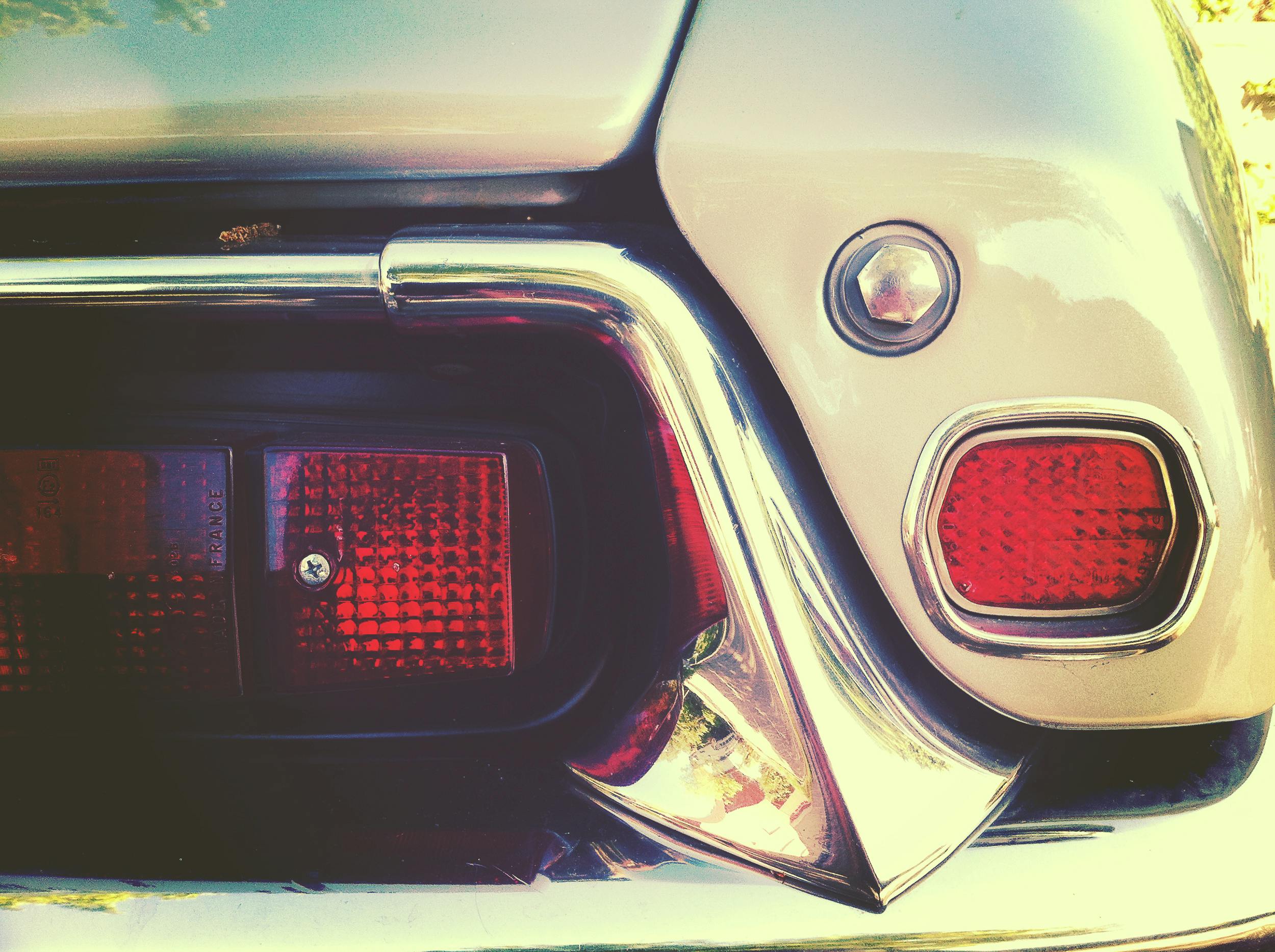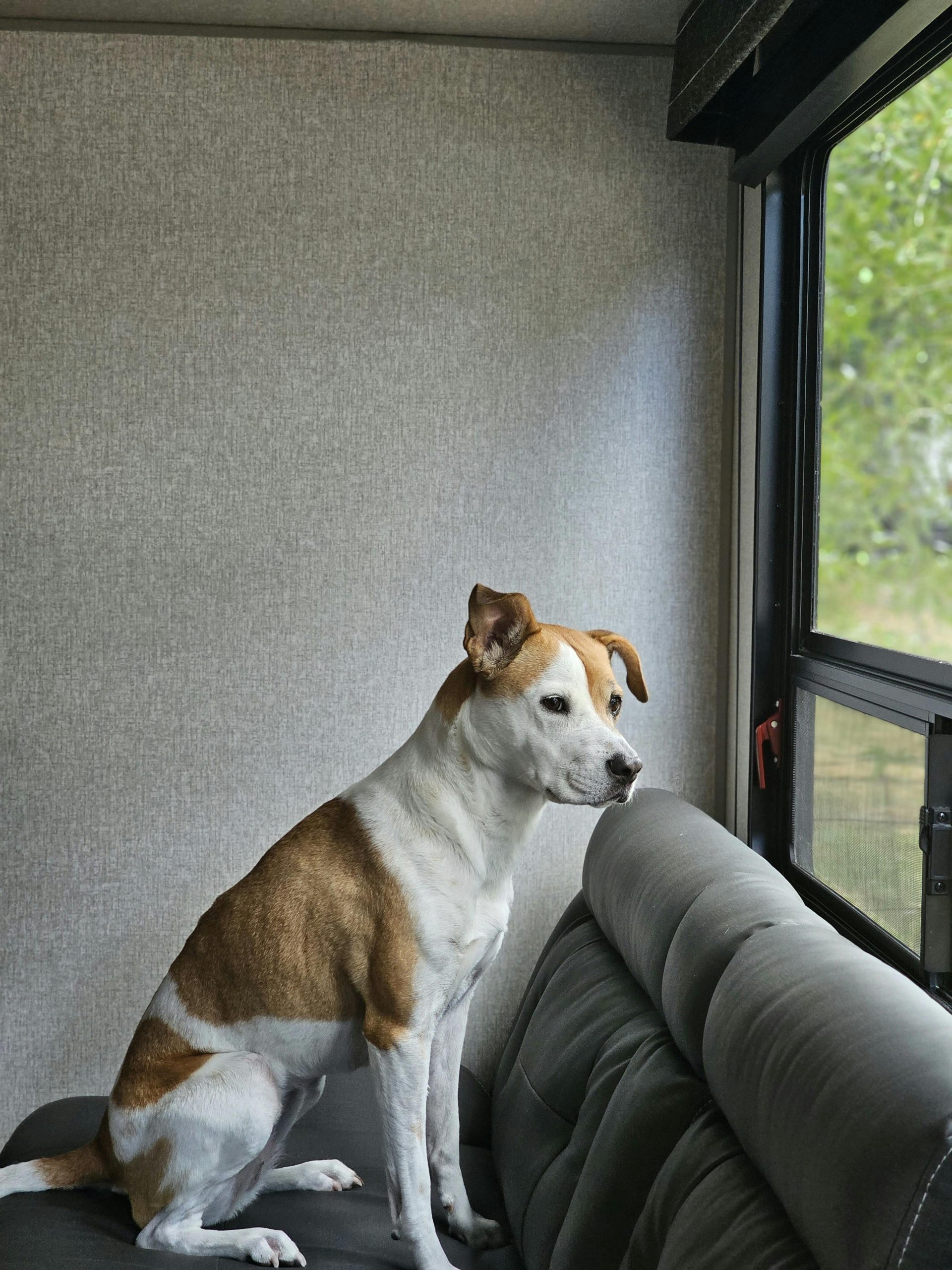Understanding Post-Accident Vehicle Damage and Repair Challenges: A Guide for Drivers
Experiencing a rear-end collision can be a stressful and complicated situation, especially when post-repair issues arise that are not straightforward to resolve. Recently, I encountered such a scenario that highlights the importance of understanding your rights and options after an insurance claim and vehicle repair.
The Incident
A few weeks ago, I was involved in a rear-end collision caused by another driver. The insurance company of the at-fault driver accepted liability and authorized repairs at one of their approved auto repair shops. The primary damages involved the rear bumper and backup camera area.
Repair Process and Unexpected Complications
Initially, the repair shop experienced delays in completing the work, but eventually, I was notified that my vehicle was ready for pick-up. Upon retrieval, however, I discovered that my car would no longer start. The repair shop claimed there was now an electrical wiring issue, and notably, they denied responsibility for this new problem. They advised me to arrange for towing and repairs at my own expense.
Pre-Accident Vehicle Condition
Before the collision, the vehicle was operating flawlessly. I had driven it to the repair shop without any issues, and diagnostic tests showed no problems other than the minor damage they addressed. The repairs were primarily limited to the bumper and backup camera, which they were contracted to fix.
Insurance and Aftermath
Following the discovery of the starting problem, I contacted the at-fault driver’s insurance company. Unfortunately, they declined any further responsibility, leaving me with a vehicle that refuses to start, an unanticipated electrical issue, and an urgent towing bill I did not anticipate.
Seeking Resolution
This experience raises important questions about your options when faced with post-repair vehicle problems connected to an accident. If you find yourself in a similar situation, consider the following steps:
-
Document Everything: Keep detailed records of all communication, repairs, and diagnostic reports.
-
Seek a Professional Inspection: Have an independent mechanic assess the vehicle to identify the source of the electrical issues and determine if they are linked to the recent repairs.
-
Review Insurance Policies: Understand the extent of coverage and whether the insurance company bears responsibility for post-repair damages.
-
Consult Legal Guidance: If the repair shop denies responsibility for new problems and the insurance company refuses further involvement, legal advice can help you evaluate your options for compensation or liability claims.
-
Engage with Consumer Protections: Contact relevant consumer protection agencies or auto repair oversight bodies



